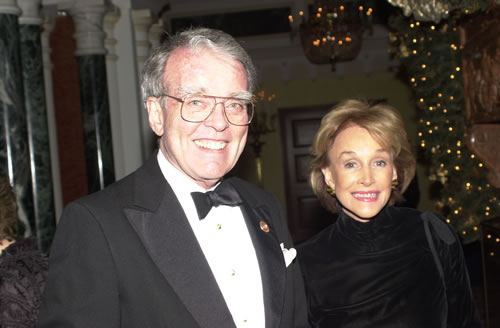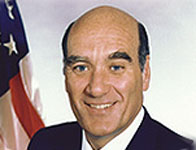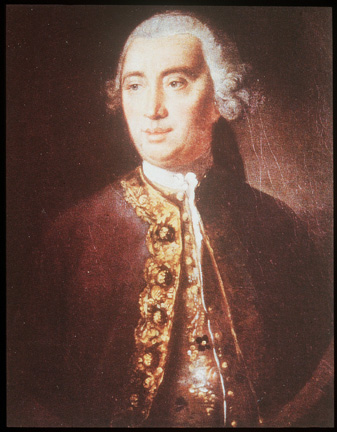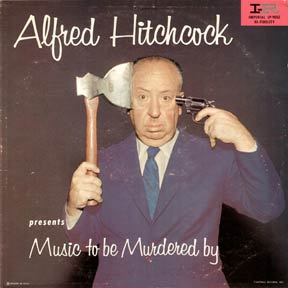Sir Alfred Joseph Hitchcock KBE (August 13, 1899 – April 29, 1980) was an iconic and highly influential British-born film director and producer who pioneered many techniques in the suspense and thriller genres. He directed more than fifty feature films in a career spanning six decades, from the silent film era, through the invention of talkies, to the colour era. Hitchcock was among the most consistently successful and publicly recognizable world directors during his lifetime, and remains one of the best known and most popular of all time.
Famous for his expert and largely unrivalled control of pace and suspense, Hitchcock's films draw heavily on both fear and fantasy, and are known for their droll humour and witticisms. They often portray innocent people caught up in circumstances beyond their control or understanding.
Hitchcock was born and raised in Leytonstone, London, England. He began his directing career in the United Kingdom in 1922, but from 1939 he worked primarily in the United States and applied for U.S. citizenship in 1956. Hitchcock and his family owned a mountaintop estate known as Cornwall Ranch or "Heart o' the Mountain" at the end of Canham Road, high above Scotts Valley, California, from 1940 to 1972. They bought a second home in late 1942 at 10957 Bellagio Road in Los Angeles, just across from the Bel Air Country Club. Hitchcock died of renal failure in 1980.[1]
Rebecca was the only one of his films to win the Academy Award for Best Picture, although four others were nominated. However, Hitchcock never won an Academy Award for Best Director. He was awarded the Irving G. Thalberg Memorial Award for lifetime achievement in 1967, but never personally received an Academy Award of Merit.
Childhood and youth
Alfred Hitchcock was born on August 13, 1899, in Leytonstone, Essex (now London), the second son and youngest of three children of William Hitchcock (1862-1914), a greengrocer and poulterer, and his wife, Emma Jane Hitchcock (née Whelan; 1863-1942). His family was mostly Roman Catholic, being of Irish extraction.[2] Hitchcock was sent to the Jesuit Classic school St. Ignatius College in Enfield, London. He often described his childhood as being very lonely and sheltered, which was undoubtedly compounded by his weight issues.[3]
It is widely known that as a child, Hitchcock's father once sent him to their local police station with a note asking the officer to lock him away for ten minutes as punishment for behaving badly. This idea of being harshly treated or wrongfully accused is more than commonly reflected in Hitchcock's films.[4]
His mother would often make him address her while standing at the foot of her bed, especially if he behaved badly, forcing him to stand there for hours. This would be recalled by the character Norman Bates in Psycho.[5]
When Hitchcock was 14, his father died; the same year, he left the Jesuit-run St Ignatius' College in Stamford Hill, his school at the time, to study at the School for Engineering and Navigation. After graduating, he became a draftsman and advertising designer with a cable company.[6]
About that time, Hitchcock became intrigued by photography and started working in film in London. In 1920, he got a full-time job at Islington Studios with its American owner, Famous Players-Lasky and their British successor, Gainsborough Pictures, designing the titles for silent movies.[7]








 Reply With Quote
Reply With Quote





















Bookmarks